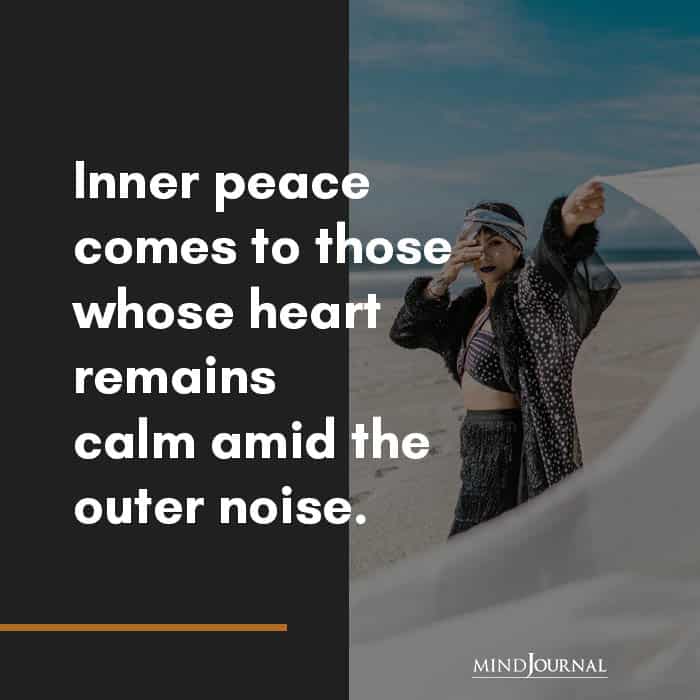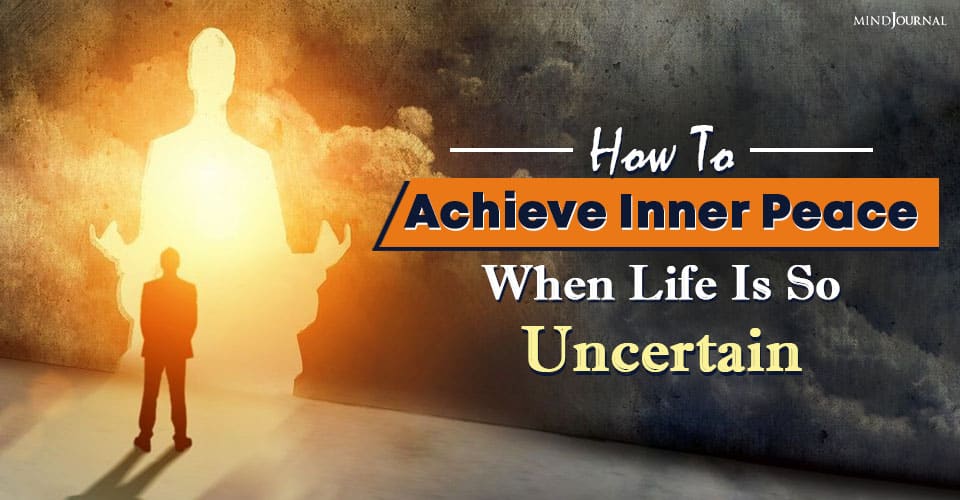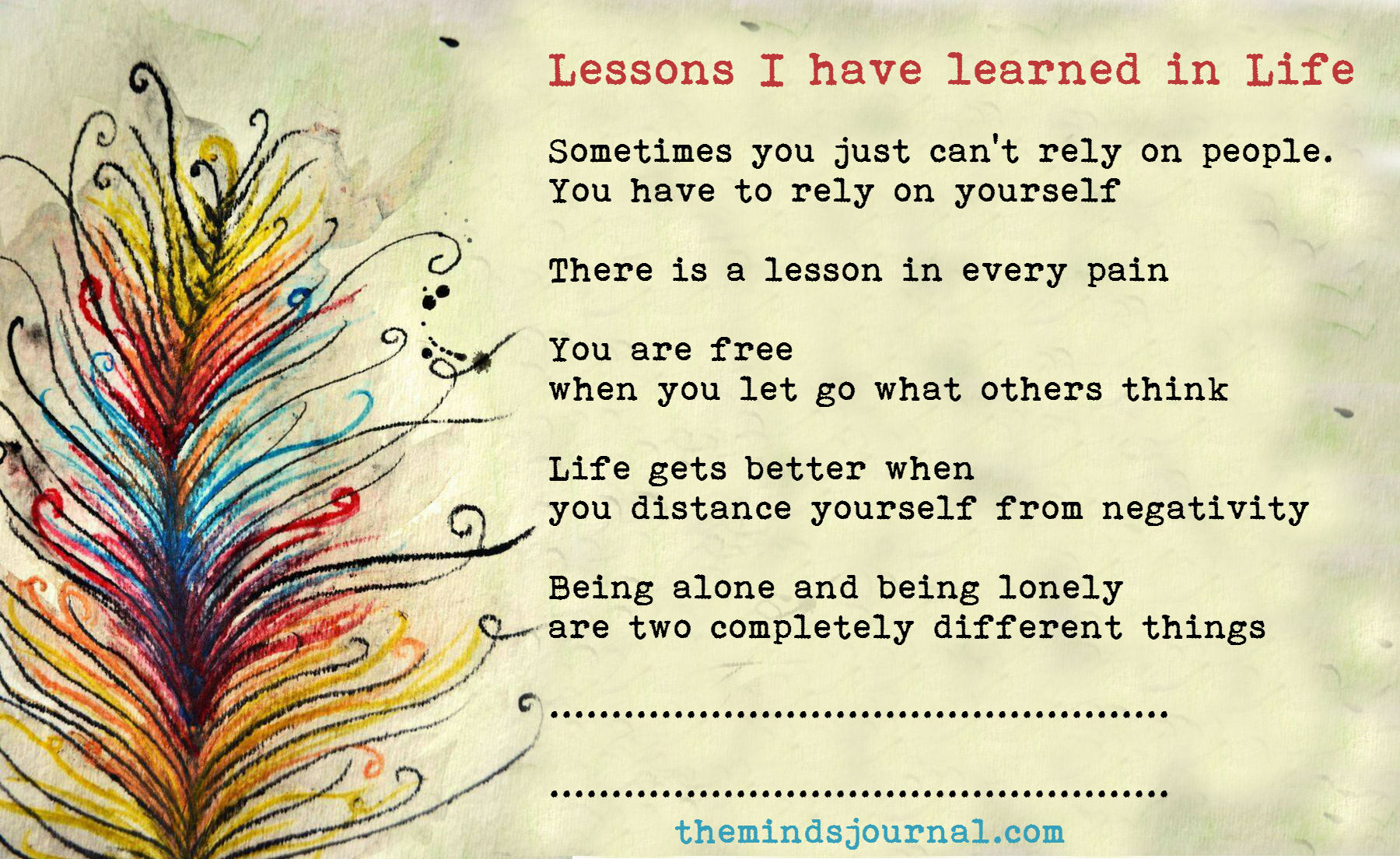Are you trying to achieve your inner peace? But, the uncertainties of life are creating turbulence in your mind? How can you not let outside forces disturb you?
Achieving your inner peace in today’s world is something that many strive for, but few achieve. We tell ourselves that if we practice yoga daily, we’ll achieve inner peace. Or if we do breathwork and meditation before bed, we’ll achieve inner peace.
Activating our inner peace is more complicated than that. Some believe that inner peace is achieved only through external work and effort. For example, if you wake up in a good mood, eat well, participate in things you love throughout the day, and go to bed thinking about what you are grateful for, it’s easy to believe that you have achieved inner peace. But that is not reality. Our days are not always full of positive thinking and productivity. We encounter mishaps and inconveniences that set us off, even if we started our day off with a 30-minute yoga class.
In an effort to increase our inner peace, we book a weekend retreat to center ourselves. This helps us feel at peace again, maybe for longer this time, but life inevitably happens and our inner peace is rocked once again. We may get stuck in traffic one day and our anger and frustration disrupt the peace we’ve worked so hard to cultivate.
Perhaps we’ll take it one step further and join a spiritual community where they engage with their inner peace all day long. But, people from these communities aren’t immune to inner turmoil either.
The path to inner peace is not a one size fits all approach. You may choose not to embark on the spiritual route at all, and instead, try to do everything perfectly according to society’s standards. You focus on working hard, paying your bills, sending your kids to college, and retiring early. Life seems great and you’re able to travel for the first time in your life. But perfectionism is also not immune to life’s inconveniences. Even though you’ve done everything you should, you may still experience heartbreak, a medical scare, or lose a loved one.
Also read What Is Your Greatest Internal Struggle? QUIZ
So how do we achieve inner peace when life is so uncertain?
Let’s use an example to explore this further. Have you ever visited a lake on a very still day, and the water is so calm and crystal clear that you’re able to see the bottom? Humans are similar. At our core, we are beautiful, calm, and centred individuals. But like wind disrupting the still lake, external forces disrupt the inner peace that we have inside each of us. It’s during these times of disruption where it’s easy to forget that our inner peace is always present inside of us.

When we meditate, we sit with ourselves in silence and stillness. As a result, we feel peaceful because our thoughts that label what’s right or wrong all day long, are quiet. What we are left with is the silence of the inner self and the inner self is peaceful.
We conjure up a similar feeling when we go on vacation somewhere relaxing. It may take us a couple of days to adapt and appreciate our surroundings, but eventually, we grow more present and mindful. It’s during these times in life where we’re able to completely let go and rest that we realize inner peace is always with us. And once we return from vacation, we’re reminded how quickly our thoughts and external forces disrupt that peace we experienced not too long ago.
Let’s explore how we can maintain and encourage our inner peace throughout the day, even when it’s disrupted by outside forces.
Observe vs. commentate
Inner peace is with us at all times. The problem is, inner peace gets disturbed when we interact with the world. As humans, we form opinions and commentary about the things that happen to us during the day.
When we are still and quiet and we observe instead of commentate on everything, we are able to achieve inner peace. When we constantly comment on the world, good or bad, we disturb our efforts to maintain our inner peace. These thoughts keep the water murky.
To keep the water clear and our inner peace present, we must choose to be the participant of life instead of the commentator of life. We feel at peace when we meditate or when we’re on vacation because our mind takes a break from providing constant commentary and is able to just exist. We stop labeling things as “positive” or “negative,” they just are.
We can practice this by noticing next time something disturbs us. This may happen from an external force (i.e. watching a show, participating in an activity, overhearing something uncomfortable, etc.) or our own inner thoughts that critique the world around us. Once we notice this disturbance, we can then take a deep breath and look without the commentary, without labeling something as right or wrong, and simply observe.
For example, we go to the store and the checkout line is longer than normal. We may first notice our inner peace is disturbed, and our inner thoughts begin to say, “Why aren’t more people working today?” Instead of continuing with these judgments, we can take a deep breath and notice other things. We can focus on our breath, the trees outside, or the happy couple holding hands in front of us. Instead of using this time to be stressed or upset, you’ve used the time to notice and engage with your inner peace. You’ve kept your water clear.
Also read 8 Mindset Shifts To Stop Repetitive Destructive Thoughts
Control the external
Our inner peace is not only affected by our inner dialogue but how we engage with the external world. We make thousands of decisions throughout the day based on external forces and all of these choices strengthen or weaken our inner peace.
We have the choice when we come home after work to sit outside and read or spend time watching the news. Everything that we expose ourselves to affects how we perceive the world and ourselves. Spending hours on end on our electronic devices can negatively impact the way we see things, and as a result, affect our inner peace.
If we’re spending hours on our phones or tuned into the news, it might be helpful to intentionally separate ourselves throughout the day and find more time for turning inward. We can breathe, spend time in nature, go for a walk, or do a mindfulness exercise. It might be helpful to schedule pockets of time away from your electronic devices if this is a new practice.

As a reminder, maintaining control over our internal dialogue and thoughts also affects our inner peace. If we constantly engage with our thoughts, labeling something as positive or negative, or planning and executing, there is no time to experience that inner peace. Nature offers this time to us. Meditation and breathwork offer this time to us. Quiet moments are where we access our inner peace.
We are met with a variety of situations and outcomes throughout our lives. Sometimes we may like what life brings us and other times we might not. But we don’t need to hang on to these outcomes, or even label them as good or bad, we can allow them to just exist. Once we choose radical acceptance of what is and find intentional moments of calm and quiet through the day, we’ll always be able to find the bottom of the lake.
Please share this article with anyone who you may think will find it valuable and helpful.
Written by: Robert Puff
Originally appeared on: Psychology Today
Republished with permission










Leave a Reply